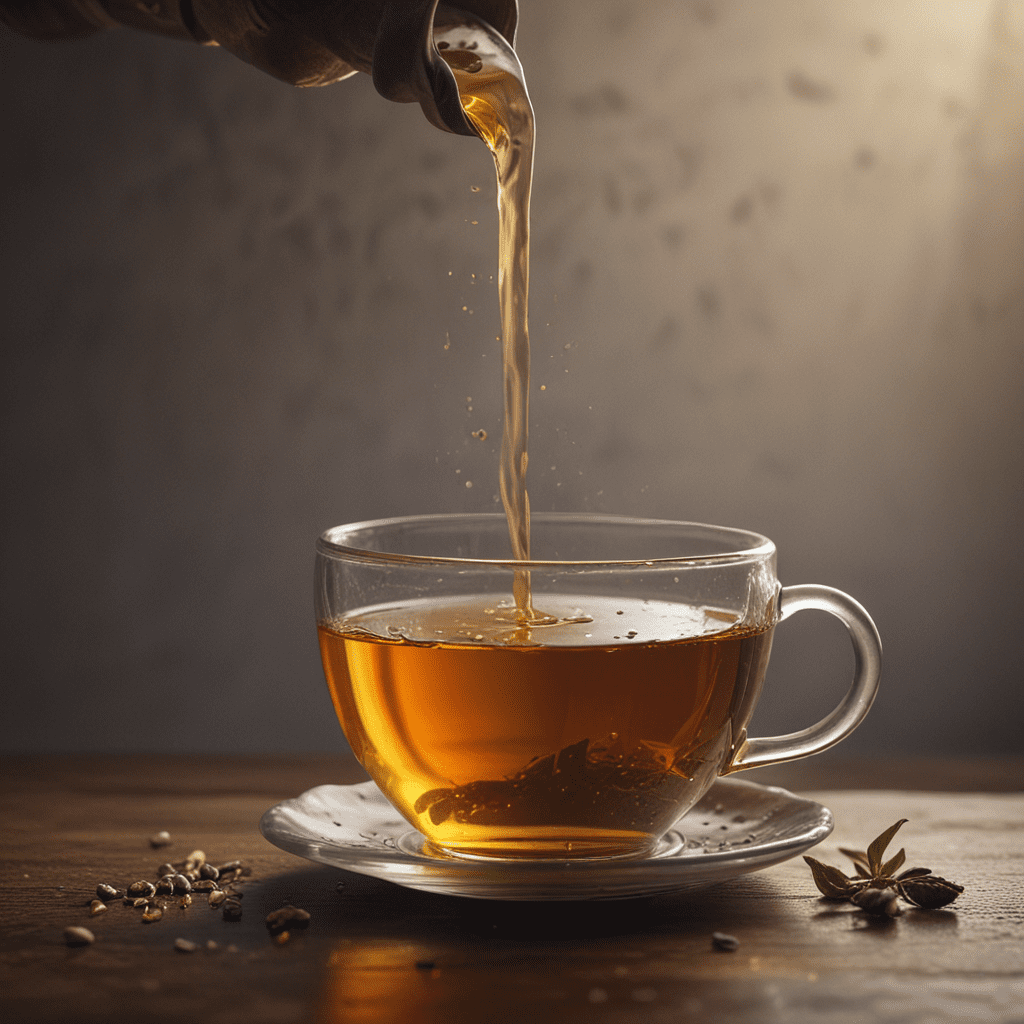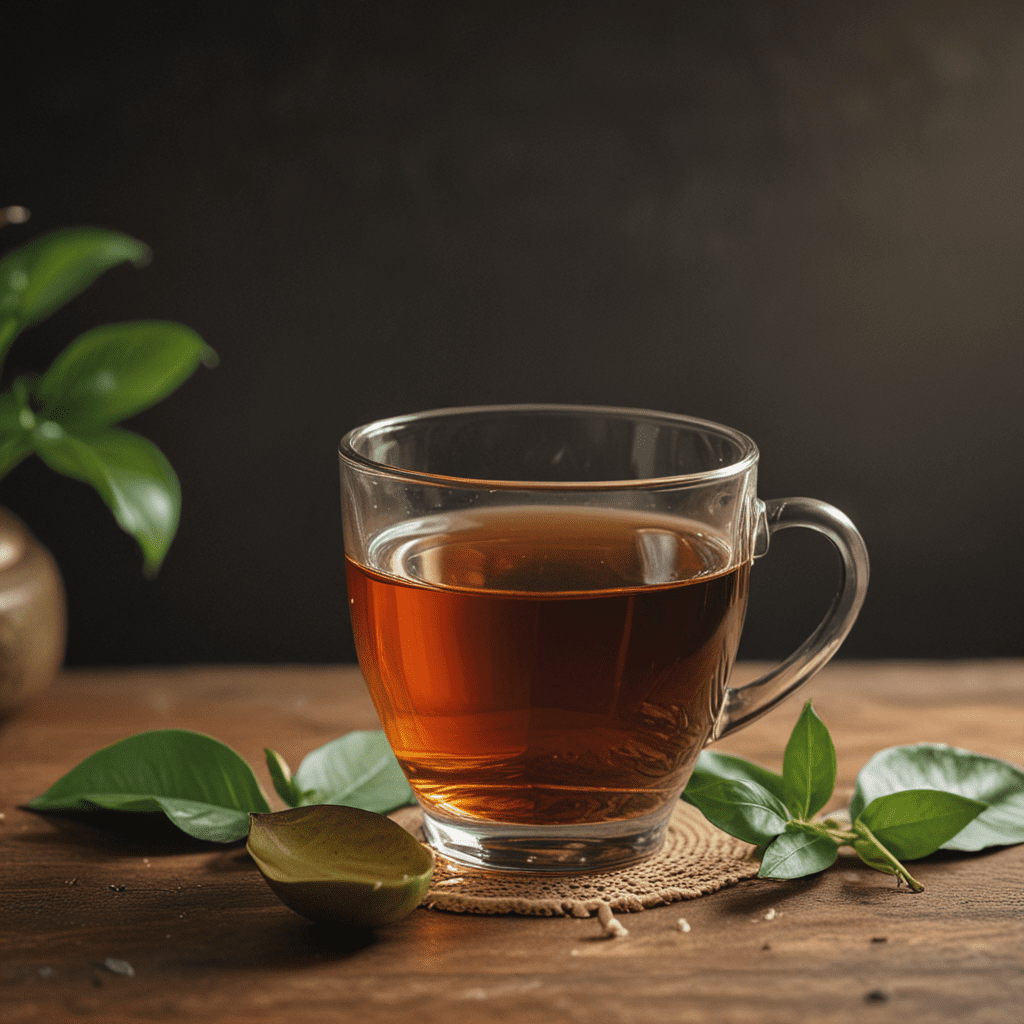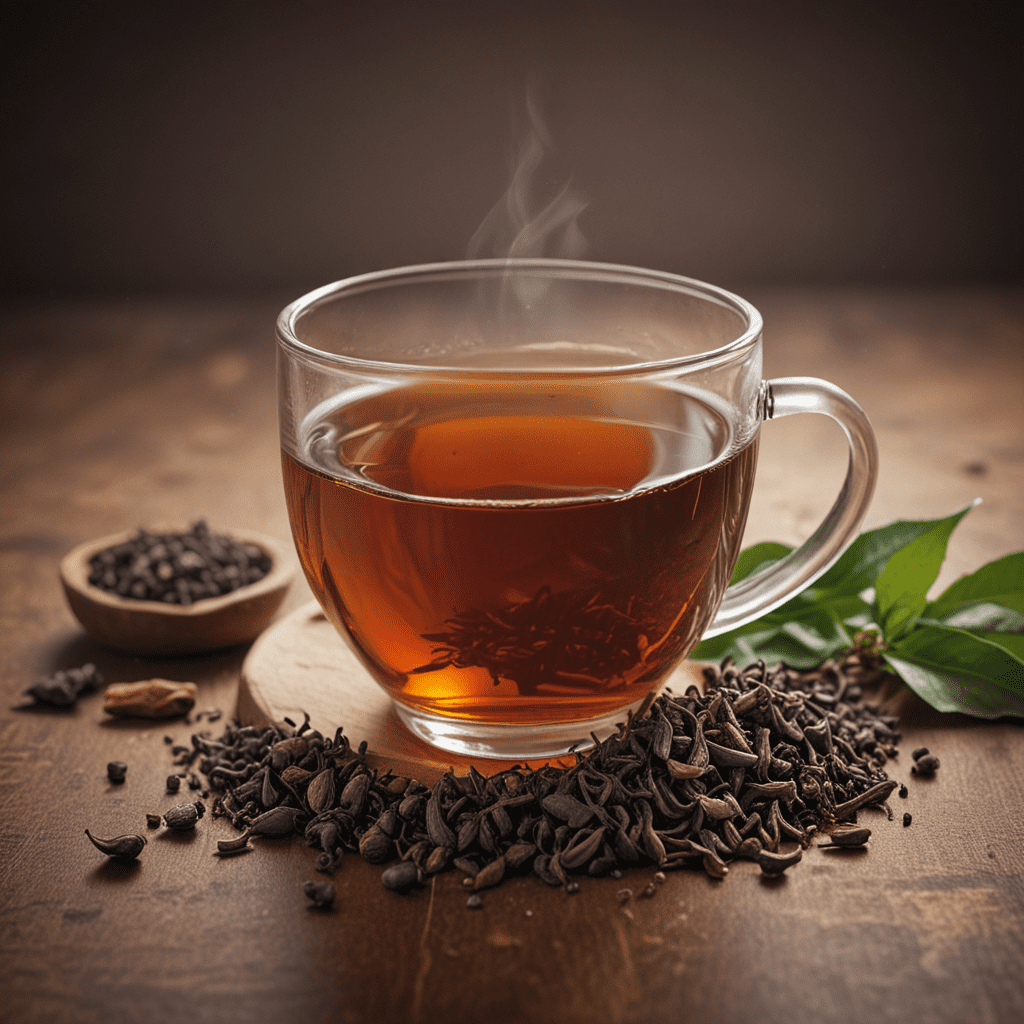Assam Tea: A Flavorful Tradition
Introduction: The Allure of Assam's Black Gold
Assam tea, hailing from the verdant lands of northeastern India, is a globally renowned black tea celebrated for its bold and robust flavor. Its distinctive malty notes and deep amber hue have captivated tea connoisseurs worldwide, earning it a reputation as one of the world's finest teas.
Historical Origins: From Wild Roots to Plantations
The origins of Assam tea can be traced back to the indigenous tribes of the Brahmaputra Valley, who have consumed wild tea leaves for centuries. In the mid-19th century, British planters recognized the region's potential for tea cultivation and introduced large-scale plantations. Today, Assam accounts for over half of India's tea production, with numerous estates producing a diverse range of teas.
Geographical Advantages: Brahmaputra Valley's Tea Paradise
The unique geographical conditions of Assam's Brahmaputra Valley contribute significantly to the exceptional quality of its tea. The fertile soil, abundant rainfall, and warm climate create an ideal environment for lush tea bushes to thrive. The Brahmaputra River provides a natural irrigation system, supplying the plants with essential nutrients and moisture.
Cultivation and Processing: A Labor of Love and Precision
Assam tea is meticulously cultivated and processed to preserve its distinctive flavor. Tea bushes are carefully pruned and harvested multiple times a year. The harvested leaves undergo a process of withering, rolling, oxidation, and drying, each step contributing to the tea's characteristic malty and full-bodied character.
Varieties of Assam Tea: A Spectrum of Flavors
Assam teas showcase a diverse range of flavors, from the classic malty and robust varieties to more nuanced and complex blends. Some of the most popular varieties include:
- Assam CTC: Strong, brisk, and full-bodied, with a distinct malty flavor.
- Assam Orthodox: Lighter and more delicate than CTC, with a smoother, more rounded flavor.
- Assam Golden Tips: A premium tea with golden-tipped leaves, offering a unique floral and fruity character.
Characteristic Features: Maltiness, Strength, and Robustness
Assam tea is renowned for its distinctive flavor profile, characterized by a bold and malty sweetness. The high caffeine content contributes to its robust and full-bodied texture, making it a popular choice for breakfast teas and blends. The deep amber hue of Assam tea is also a testament to its strength and richness.
Health Benefits: A Rich Source of Antioxidants
Assam tea is rich in polyphenols, powerful antioxidants that have been linked to various health benefits. These antioxidants can help neutralize free radicals, protect cells from damage, and reduce the risk of chronic diseases such as cancer and heart disease. Assam tea is also a good source of fluoride, which is essential for maintaining healthy teeth and bones.
Preparation Methods: Unveiling the Perfect Brew
To fully appreciate the nuances of Assam tea, it is essential to prepare it correctly. For a traditional hot brew, use freshly drawn water boiled to 200°F (93°C). Add one teaspoon of loose-leaf tea or one tea bag per 8 ounces of water. Steep for 3-5 minutes, depending on the desired strength, and enjoy with or without milk and sugar.
Socioeconomic Significance: A Lifeline for Assam's Economy
Assam tea is not only a symbol of the region's cultural heritage but also a significant contributor to its economy. The tea industry employs over a million people in Assam and provides a livelihood for countless families. Tea exports are a major source of foreign exchange for India, and Assam accounts for a large share of these exports, solidifying its position as a global leader in tea production.
Preserving a Legacy: Sustainability and Conservation Efforts
Recognizing the importance of preserving Assam's tea legacy, concerted efforts are being made to promote sustainable farming practices and conserve the region's biodiversity. Organic tea production is gaining traction, reducing the environmental impact of chemical fertilizers and pesticides. Reforestation initiatives aim to protect the natural habitats of tea bushes and support the local ecosystem. By balancing economic development with environmental stewardship, Assam is ensuring the longevity of its tea industry for generations to come.
FAQs:
What is the best way to store Assam tea?
Store Assam tea in an airtight container away from direct sunlight and heat. This will preserve its freshness and flavor.Can I use Assam tea for cold brew?
Yes, Assam tea is well-suited for cold brew. Simply steep the tea leaves in cold water overnight or for up to 24 hours. The resulting brew will be less bitter and more refreshing.How long does Assam tea stay fresh?
Properly stored, Assam tea can retain its freshness for up to two years. However, the optimal flavor and aroma are best enjoyed within six months of harvest.


